Effective Auditing processes guarantee a sustainable and effective noninterest finance industry in Nigeria. Mr. Sobur Bello, Auditor for Financial Services Institutions, United Kingdom, made this point while providing his perspective on “Strengthening the Nigerian Islamic Finance Industry Through Auditing.”
According to him, the Shariah Compliant Audit has transcended the level of looking at numbers alone, but accessing what has given rise to the numbers, such as business operations, I.T system and risk management processes, are also giving rise to the numbers. He stressed that audit remains critical whether it is Islamic finance or conventional finance institutions, but the difference is Shariah compliance.
He said Shariah Auditing entails origination, different control identities, and risk control of Islamic finance products. The only difference in the auditing process of Islamic financial institutions compared to the conventional is to ensure that there is Shariah compliance across the board.
Another issue he identified is the permissibility of Islamic finance products, as businesses are expanding and some countries have digital currencies. He noted that there is a debate on whether cryptocurrency is tenable in Islamic finance or not.
Also, he stressed the point that there is an issue of system configuration, particularly for Islamic financial institutions operating in windows, which most of their design is to take care of conventional transactions, and there are issues with Accounting and Audit space and environmental, social and governance, ESG reporting issues.
He highlighted that other integrated reporting issues, the macroeconomic effects on Islamic financial institutions, and cyber security remain significant issues for any entity. He tasked the IFIs shariah advisory council to create more awareness and sensitization.
Speaking on integrating risk management into Islamic banking, he said risk management is not different in Islamic finance from conventional finance. The difference is that some Islamic finance products do not have an entirely similar risk to conventional products. Risk management is three lines of defence, such as defence level one for those in charge of governance and management. he tasked them to own up to their risk by having a charter, risk management documentation and policies by which entities must abide.
“Islamic finance emphasizes equity, justice, fairness, and compassion, which may not be applicable in the convention space. Islamic finance is still lagging due to low sensitization. The Central Bank of Nigeria and the Financial Reporting Council of Nigeria have a role to play in enhancing liquidity for the noninterest banking”, he noted.
Comparing the Islamic finance activities in Nigeria to other jurisdictions, the financial services auditor said many Islamic financial institutions have a Shari’ah advisory board, risk management committee and internal Audit committees.
He said the Shari’ah advisory board still needs to improve their review processes and adopt AAIOFI standards, tasking the financial reporting council to woo the international Islamic finance bodies and adapt them to our environment.
Mr. Bello added that the Non-Interest Financial Institutions Association in Nigeria, NIFIAN needs to be restructured to collaborate with standard Islamic finance international bodies like AAIOFI and renowned accounting institutions to improve Shari’ah Auditing and gain global relevance for the benefit of people.
“All relevant stakeholders need to be involved, which will give us a good structure in governance. The FRC regulates standard financial reporting in the country, and this should apply to checking applicable audit standards that affect Islamic financial institutions. The lawmakers should institute some of these reports within CAMA 2020 and make amendments to give way for Islamic financial provisions”.
He believed knowledge should be on both sides, both from the Auditor and the Auditee; entities need to develop strong Shariah compliance documentation of the process. He said that if an entity says it has a Mudaraba process, there should be end-to-end documentation so that when Auditors come in, it will be seamless.
WATCH VIDEO
 Lagos, NG • GMT +1
Lagos, NG • GMT +1











 276 views
276 views





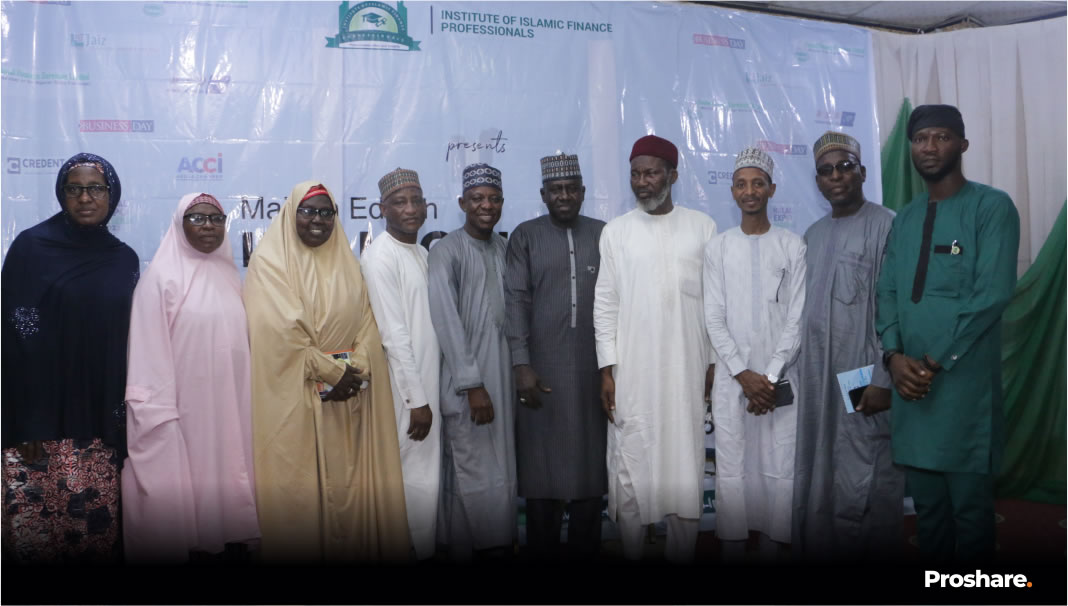
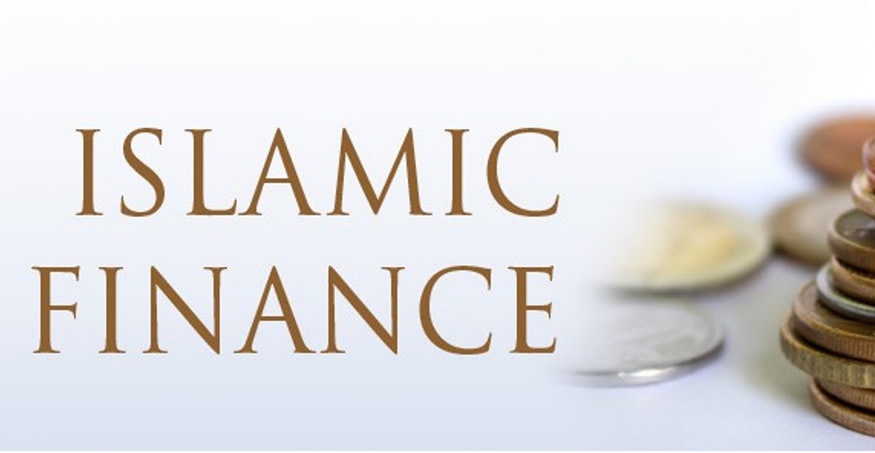


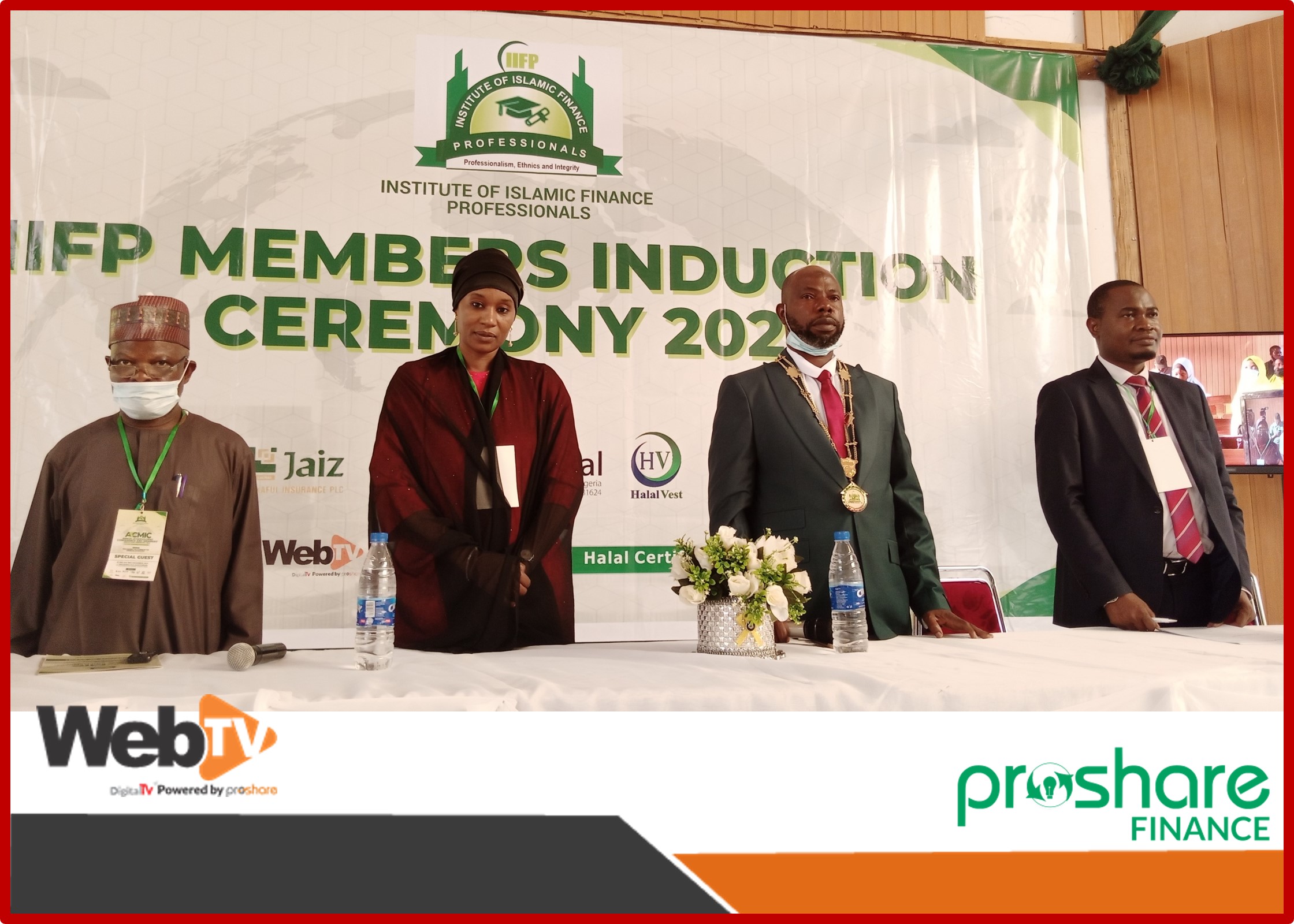
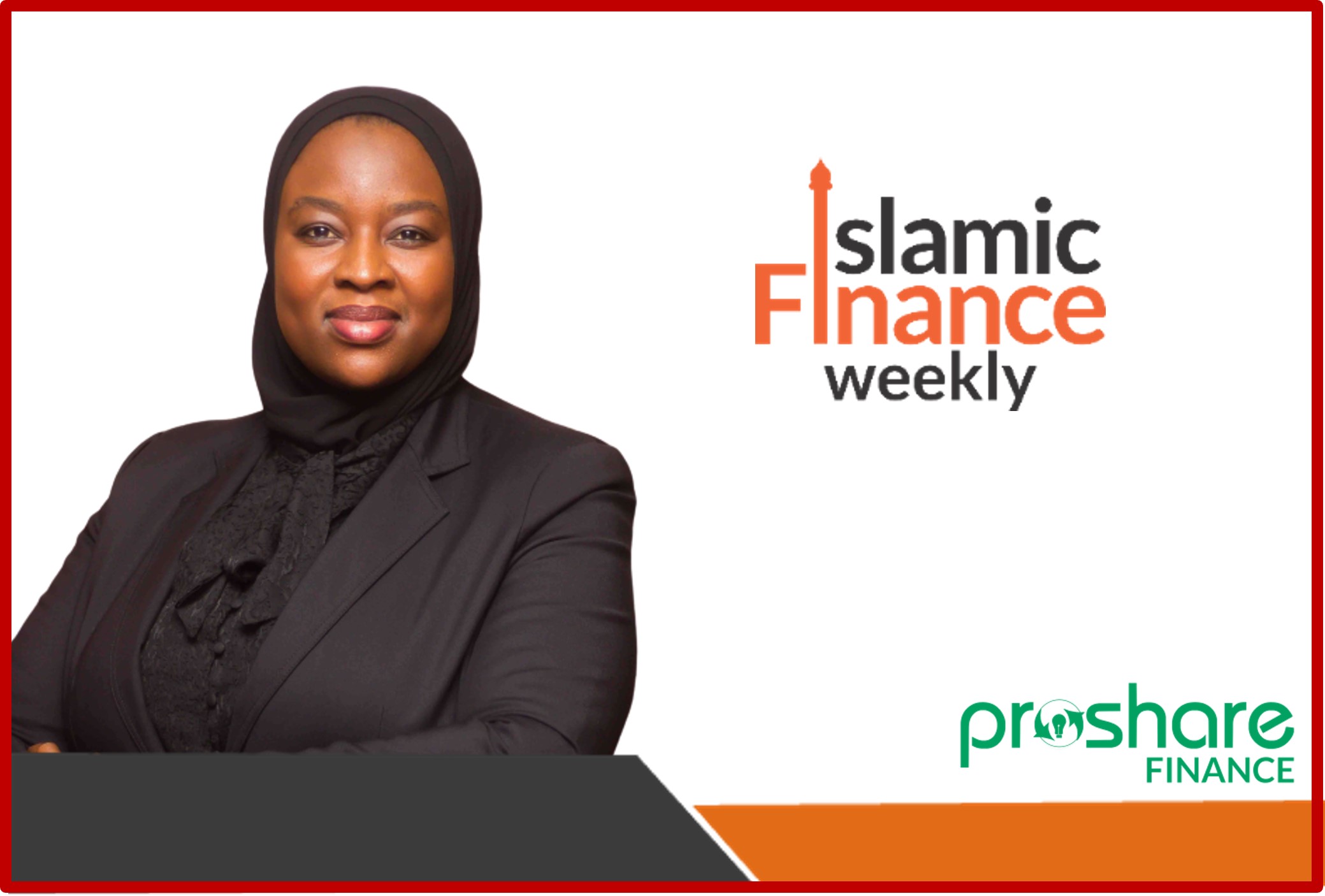

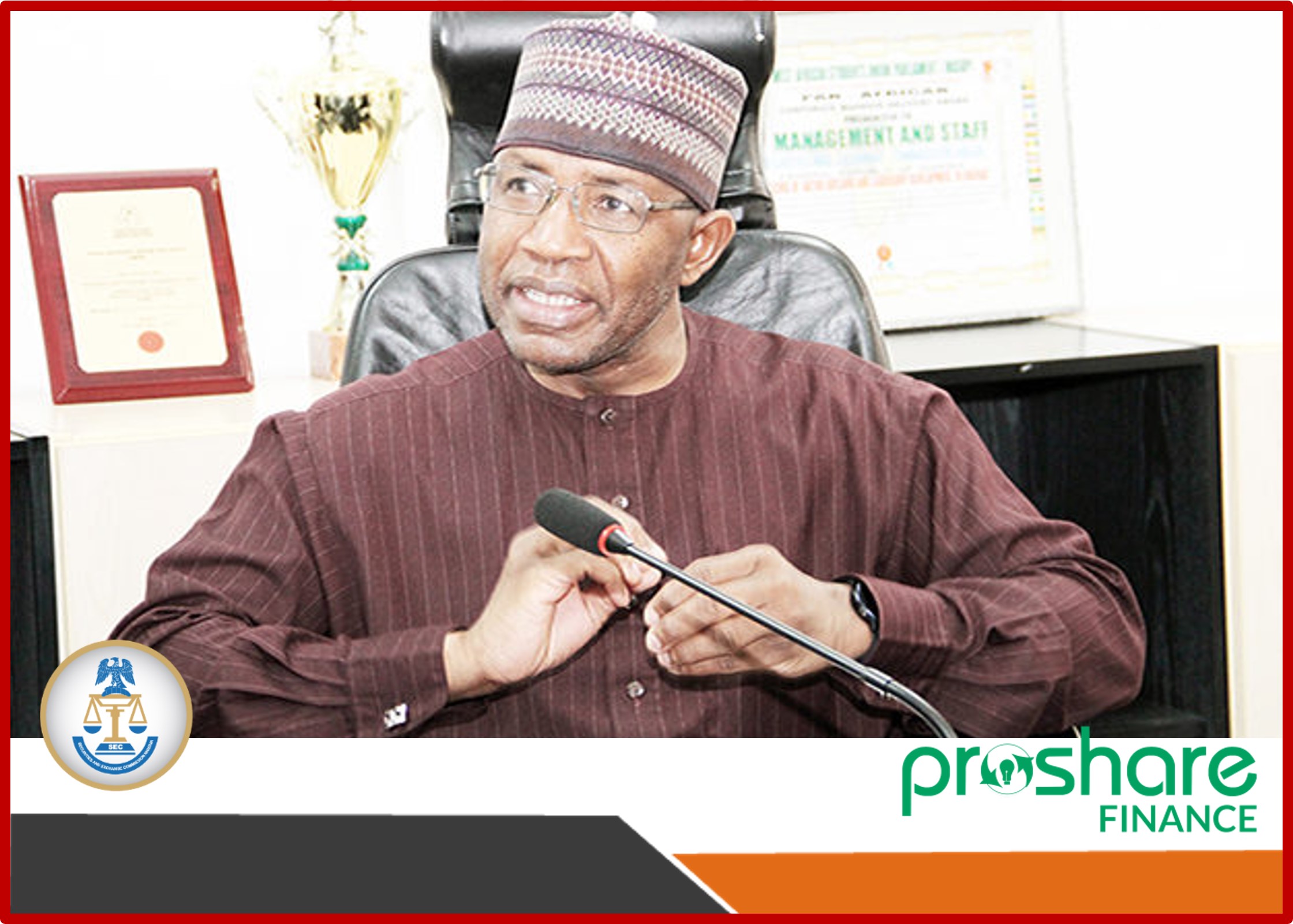






 Sponsored Ad
Sponsored Ad
 Advertise with Us
Advertise with Us









